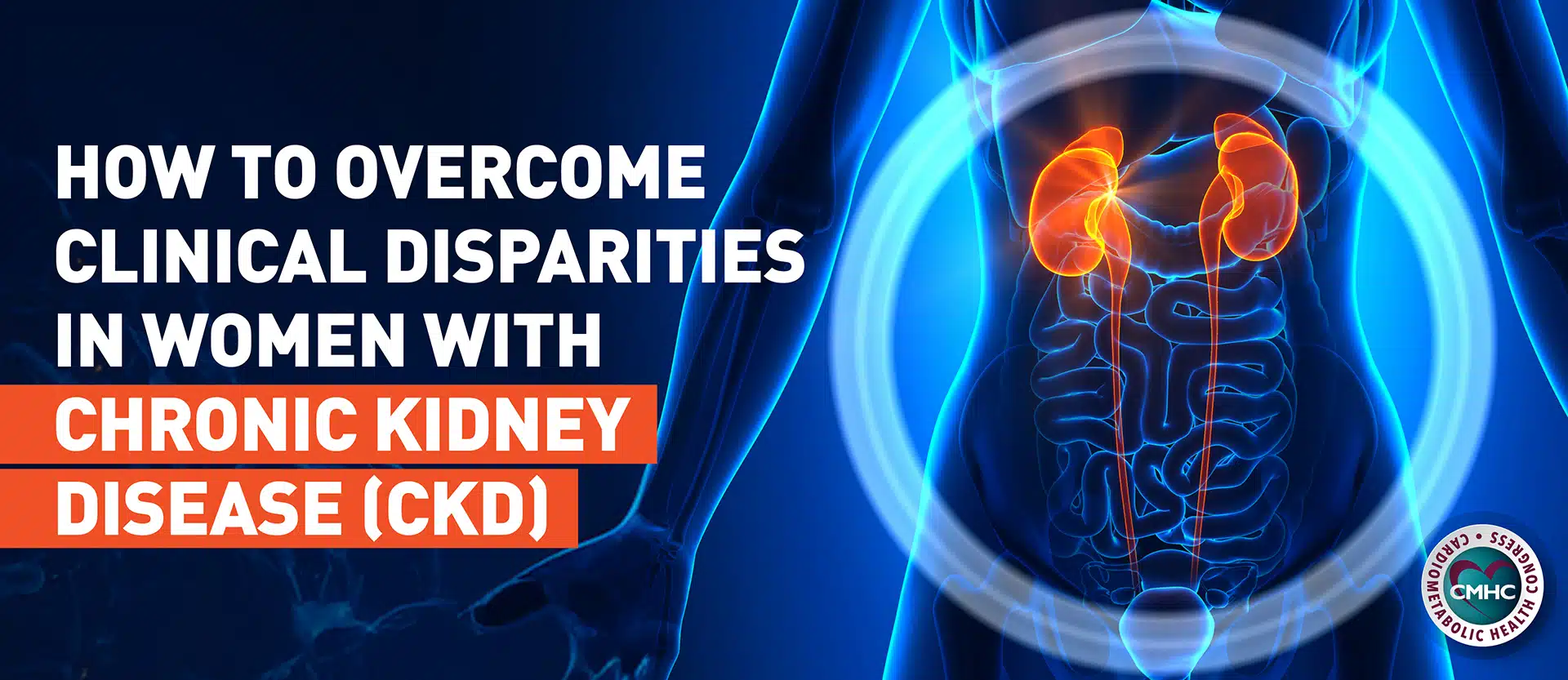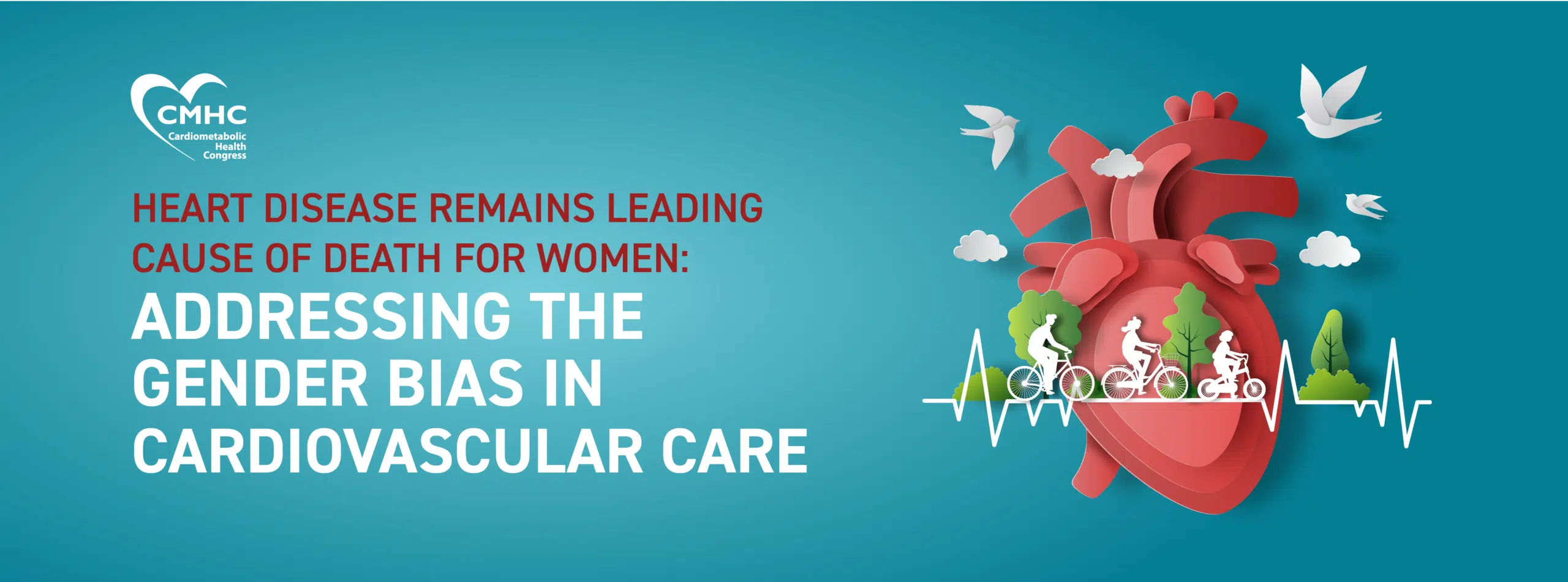The incidence of heart failure is the only form of heart disease that has not decreased in over 30 years, with approximately 550,000 new cases diagnosed in the U.S. per year. Technological advancements in cardiac devices and improved prevention and treatment methods have diminished the death rate, but cardiovascular disease remains the leading cause of death in the country. A growing need to identify the underlying metabolic causes of heart failure has prompted new studies aimed at developing new therapies for patients and addressing the problem at its earliest stage.
A recent study from researchers at Ohio State University identifies a cardiometabolic process that could prevent and treat heart failure. Led by Dr. Doug Lewandowski, the research team discovered potentially detrimental changes in the heart’s metabolism that occur as a result of chronic stress, long before any physical signs or symptoms of heart failure are present. These first maladaptive changes occur in cardiac cell metabolism as the heart adapts to increased demands; addressing them early could prevent or slow the progression of heart failure.
Lewandowski’s team examined mouse models of heart failure as well as human heart tissue obtained from heart failure patients before and after cardiac assist devices were installed.
The tested mice overexpressed a gene for a protein called ACSL1, known to produce the reactive fat compound acyl-CoA. Upon exposure to conditions that cause heart failure, the mice maintained normal production of acyl-CoA, reducing and/or delaying the extent of heart failure. By maintaining acyl-CoA levels, the hearts were able to maintain the ability to metabolize fat and generate energy. Researchers also found that overexpression of ACSL1 reduces toxic fats, normalizes cell function and reduces the progressive loss of cardiovascular function in mice.
In examining heart failure patients, Lewandowski’s team found that the amount of the reactive fat compound was nearly 60% lower than in those with normal hearts. The decreased levels of acyl-CoA reveal a disruption in the hearts metabolic process, resulting in the creation of toxic fats and cardiac functioning impairment. Failing human hearts with the help of left ventricular assist devices behaved similarly to those of mice, restoring acyl-CoA levels to normal once not overworked.
The recent findings reveal an important relationship between fat metabolism in the heart and its inability to function. Although more research is needed, the team at Ohio State believes that targeting the normalization of acyl-CoA levels has the potential to become an effective method of preventing and treating heart failure. Future cardiometabolic care may include gene and drug therapy, and even dietary modifications aimed at stabilizing acyl-CoA compounds. With the help of advanced imaging, Lewandowski and his team hope to soon track fat metabolism and heart function in greater depth. Further studies will explore how the normalization of acyl-CoA reduces toxic fats and increases protective fats in order to understand how these improvements are achieved, and whether they can be replicated through supplementation with fats, medications, and other compounds.


















